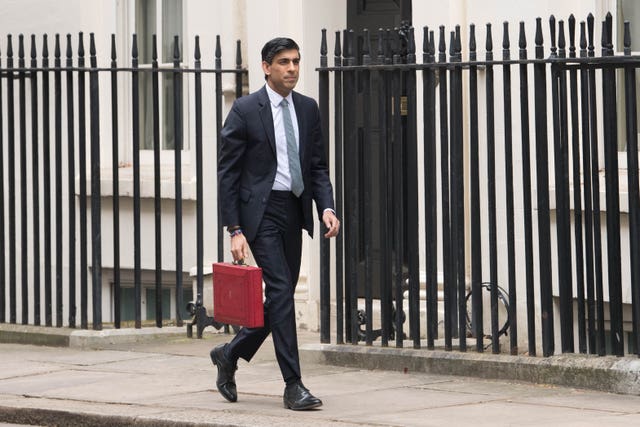
Shelagh Fogarty 1pm - 4pm
5 March 2021, 09:04

Property values fell by 0.1% month-on-month in February, following a 0.4% decrease in January, Halifax said.
House prices dipped for the second month in a row in February, according to an index.
Property values fell by 0.1% month-on-month in February, following a 0.4% decrease in January.
Across the UK, property values were still 5.2% higher in February than the same month last year, Halifax said.
But it cautioned that it would not expect the level of growth seen in house prices across 2020 to be sustained throughout this year.
The average UK house price in February was £251,697.
🏡 The latest #HalifaxHPI 📈 shows annual house price inflation rose to 5.2% in February, with property values still comfortably higher than February 2020, the last full month before the lockdown.
The average UK house price is now £251,697.
Read more: https://t.co/ZuNU5tKVqz pic.twitter.com/DItCX0UHTG
— Halifax Bank News (@HalifaxBankNews) March 5, 2021
Russell Galley, managing director at Halifax, said: “Having enjoyed an extremely strong period of activity in the second half of last year, the housing market continued its softer start to 2021, with average prices down very slightly compared to January.
“However, with annual house price inflation currently at 5.2%, property values remain comfortably higher than 12 months ago, when February was the last full month before lockdown.”
A stamp duty holiday extension was announced in this week’s Budget, alongside a new 5% deposit mortgage guarantee scheme. The stamp duty holiday, which applies in England and Northern Ireland, had been due to end on March 31, but changes in the Budget mean it will not revert to “normal” levels until October.
Mr Galley said: “The housing market has been at something of a crossroads at the start of this year, with upcoming events key to determining the path of activity and prices over the next few months.
“The Government’s decision to extend the stamp duty holiday – one of the main drivers of demand from home movers during the pandemic – has removed a great deal of uncertainty for buyers with transactions yet to complete.

“The new mortgage guarantee scheme is another welcome development from this week’s Budget. Whilst mortgage approvals have reached record highs in recent months, hitting levels not seen since before the financial crisis of 2008, raising a deposit continues to be the single biggest hurdle for first-time buyers to overcome.
“In the longer term, the performance of the housing market remains inextricably linked to the health of the wider economy. The pace and extent of recovery are still highly uncertain, and much will depend on the ongoing success of the UK’s vaccination rollout.
“Though there is the likelihood of an economic ‘bounceback’ from lockdown, with households not unduly impacted by the pandemic deploying the significant reserves of savings that they have built up, higher unemployment is likely to limit new buyer demand. Therefore, we would not expect the level of growth seen in house prices over the past year to be sustained throughout 2021.”
Mark Harris, chief executive of mortgage broker SPF Private Clients, said: “The housing market softened slightly in February as it seemed too late for buyers to take advantage of the stamp duty holiday.
“But with the Chancellor announcing an extension to the concession in his Budget, more buyers are realising they could still reasonably expect to take advantage of the tax break, which will further help the market’s momentum.
“The introduction of 95% (loan-to-value) mortgages backed by the Government from next month will also give first-time buyers and home movers a boost.”
Mr Harris said he had seen “a flurry of inquiries”.
Anna Clare Harper, chief executive of asset manager SPI Capital, said: “Looking to the future, the extension to the temporary stamp duty reduction is likely to boost the housing market in terms of transactions and pricing.”
Mike Scott, chief analyst at estate agency Yopa, said: “With many people working from home, and expecting to continue to do so at least part-time after the pandemic, space at home has become more important and travel time to the office has become less important.
“There are likely to be more price rises for larger homes in villages or small towns that are within a couple of hours of a major urban centre.”